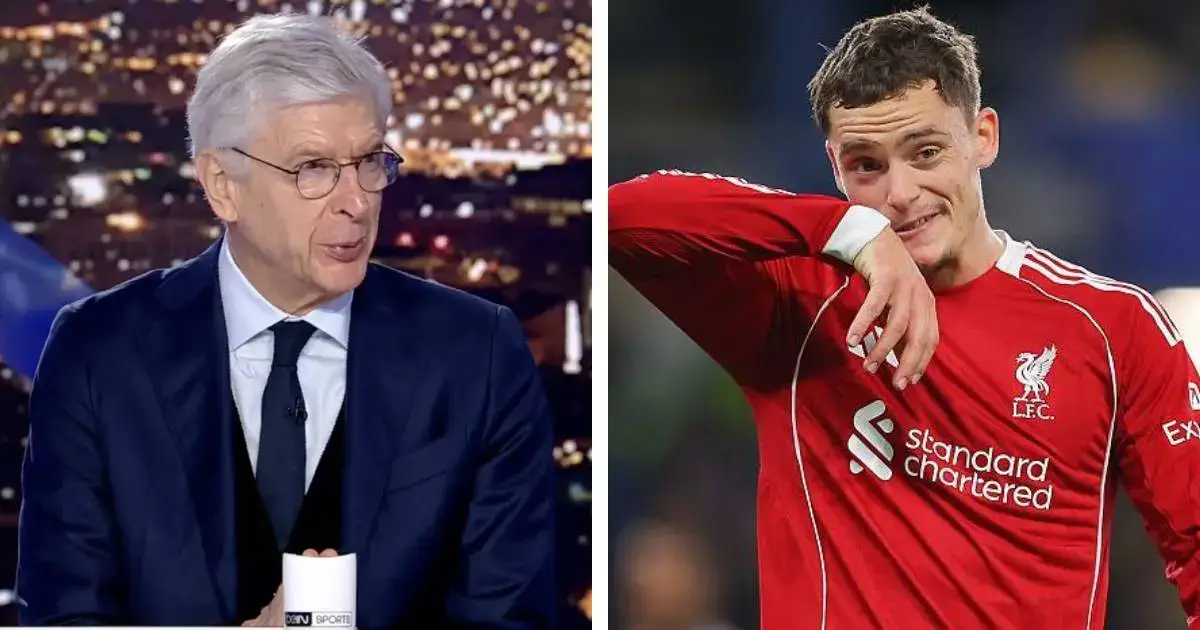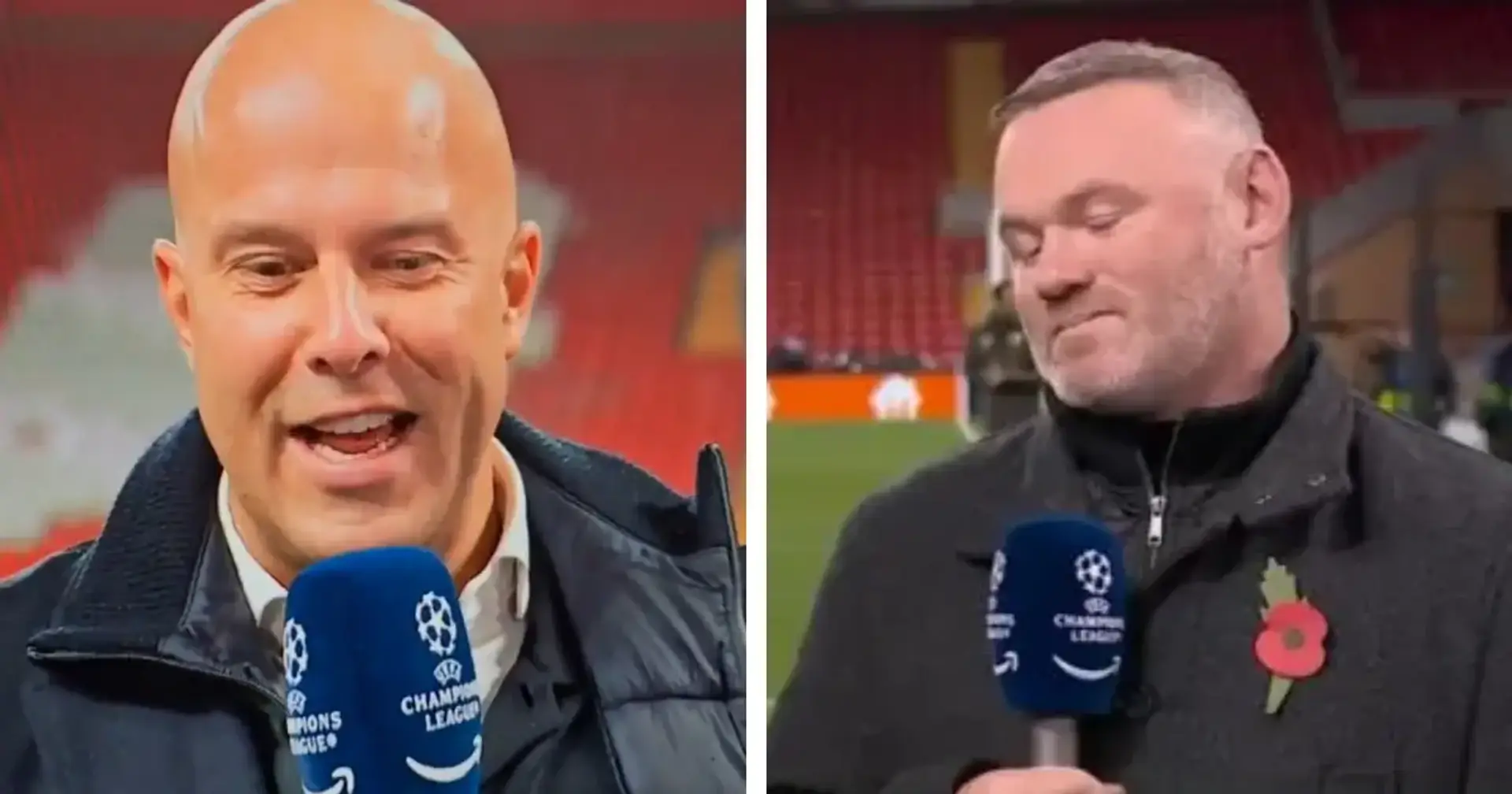Former Arsenal manager Arsène Wenger has stirred debate after suggesting that Liverpool manager Arne Slot “destroyed his midfield” to accommodate Florian Wirtz’s desire to play as a No. 10. Speaking to beIN SPORTS before Liverpool’s 1–0 win over Real Madrid, Wenger explained how Wirtz’s arrival forced tactical compromises that unsettled the team early in the season.
Wirtz joined Liverpool in a record-breaking £116 million move from Bayer Leverkusen last summer, rejecting Bayern Munich in favor of the Premier League champions. However, according to Wenger, the German midfielder made one key demand before signing — that he would only join if he could play centrally in the No. 10 role. To make that promise work, Slot reshuffled his midfield, moving Dominik Szoboszlai out of his usual attacking position and disrupting the trio that had brought Liverpool success last season.
The experiment didn’t start well. Both Wirtz and Liverpool struggled to find form, with the Reds suffering six defeats in seven matches before recovering with vital wins against Aston Villa and Real Madrid. Wenger argued that the adjustment had come at too great a cost to the team’s balance, noting that Liverpool “destroyed their midfield” in an attempt to please their new star.

Against Real Madrid, however, Slot seemed to find a solution. Wirtz was deployed on the left wing instead of through the middle, replacing Cody Gakpo in the starting lineup. The shift allowed Liverpool’s established midfield of Ryan Gravenberch, Alexis Mac Allister, and Szoboszlai to reunite — and the team looked far more cohesive as a result. Wirtz shone in his new role, creating more chances than any other player on the pitch and showing glimpses of his creative spark from Leverkusen.
Wenger praised Slot’s adjustment, noting that Wirtz had often played from the left at Leverkusen and for Germany, drifting inside to influence play centrally. “Tonight they play Wirtz on the side because the manager said, ‘If you want to play, you have to play wide — I do not want to destroy the midfield,’” Wenger said. The Frenchman suggested that the young playmaker must adapt to this role if he hopes to thrive in England.
Liverpool’s recent performances support Wenger’s view. Since reverting to last season’s midfield setup, the Reds have looked sharper and more stable. Mac Allister, who had been criticized earlier in the campaign, scored the winner against Madrid and appeared more comfortable in his natural role. Meanwhile, Gravenberch found the net in the previous match against Aston Villa, highlighting the balance that Slot’s adjustment restored.
Wirtz’s adaptation period is still ongoing. At just 22 years old, he is adjusting to the pace and physicality of English football, as well as the tactical demands of Slot’s system. His versatility could be key in helping him cement a permanent place in the starting XI without disrupting the team’s rhythm.
If playing wider allows Liverpool to remain defensively solid while unlocking Wirtz’s creativity, it may prove to be the ideal compromise. Wenger’s comments serve as a reminder that even the most gifted players must sometimes sacrifice personal preference for the good of the team — and for Wirtz, that lesson may define his Liverpool career.




